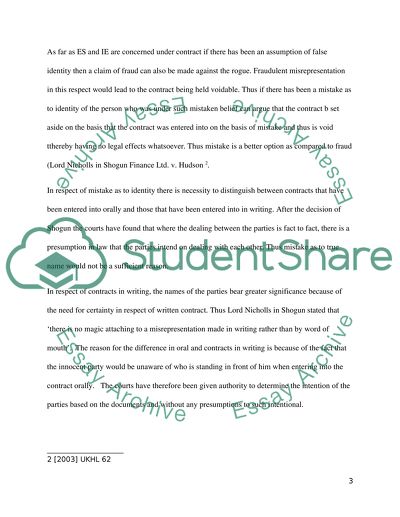Cite this document
(“CONTRACT Essay Example | Topics and Well Written Essays - 2500 words”, n.d.)
Retrieved from https://studentshare.org/macro-microeconomics/1422230-contract
Retrieved from https://studentshare.org/macro-microeconomics/1422230-contract
(CONTRACT Essay Example | Topics and Well Written Essays - 2500 Words)
https://studentshare.org/macro-microeconomics/1422230-contract.
https://studentshare.org/macro-microeconomics/1422230-contract.
“CONTRACT Essay Example | Topics and Well Written Essays - 2500 Words”, n.d. https://studentshare.org/macro-microeconomics/1422230-contract.


